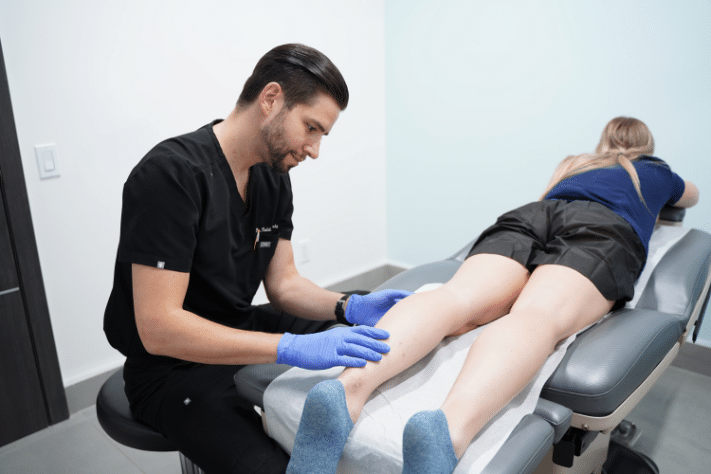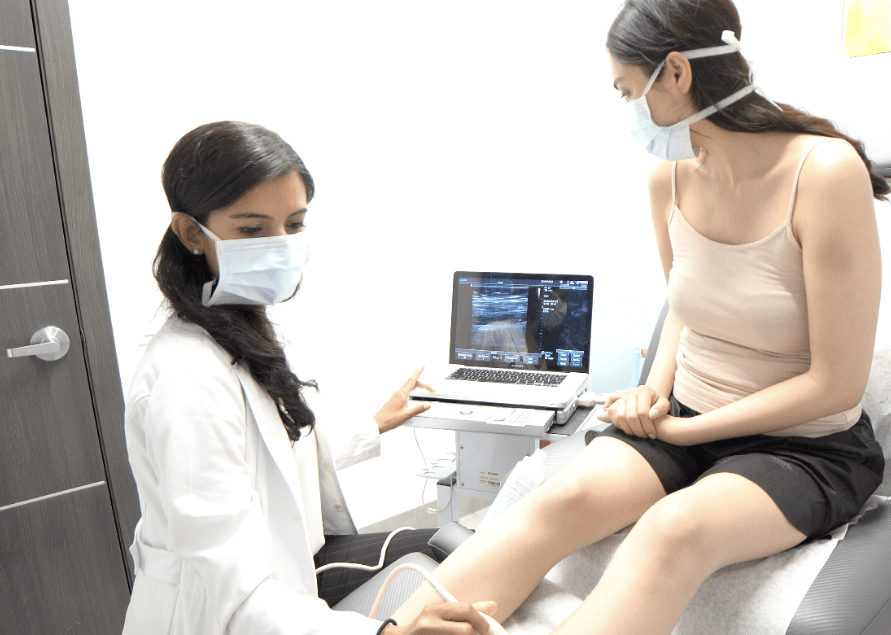If you are the one who wants to treat the varicose vein treatments and doesn’t have a high budget, then it would be best to do it at an affordable price. Well, you might be thinking about how you can take the affordable option. So, in order to get the right varicose vein at a budget-friendly price, you can go for the insurance policy. In this article, you will read more about the same. So, stay focused on knowing insurance policies.
What is meant by the term medical necessity?
Medical necessity defines that care which must be provided to diagnose or treat an established medical condition. In other words, it is considered medically and clinically appropriate for the treatment needed for the patient for his problem.
Why is medical necessity worth consideration?
The distinction of medical necessity is important because it tells what services or treatments insurance carriers will cover. It will not only help patients to come up with the most affordable care options available but also encourage medical providers to consider alternative treatments that might yield similar results.

Does insurance usually cover treatment for varicose veins?
In general, insurers will tend to cover the costs of treatment for varicose veins once the intervention is determined to be medically necessary. Medically necessary treatments usually include endovenous laser ablation, radiofrequency ablation, sclerotherapy, and vein stripping.
As a general rule, policies differ, so each individual should contact their insurance provider to find out what services the firm will pay for and whether there is a co-pay or deductible. Frequently, many patients will also call their vein clinics, as they can be very knowledgeable about insurance policies and carriers.
When is treatment for varicose veins covered by insurance?
Vein procedures would, in most cases, be determined based on the type of insurance plan purchased and the intensity of the condition. Certain insurance plans could mandate that before approval, all noninvasive treatments like lifestyle modifications or compression therapy be tried out.

What are the varicose veins treatment options?
Varicose vein treatments include self-care measures, non-surgical procedures, and complex surgical methods. You can choose from them depending upon your condition.
? The self-managed care mainly includes various exercises to help reduce your pain. It entails consistent exercise, controlling weight, elevating the legs, making dietary adjustments, and avoiding extended periods of sitting or standing.
? Another treatment involves the use of compression stockings, which can be worn to apply pressure to the legs in order to increase the blood flow from the legs. This reduces the pain and other symptoms.
? When non-surgical techniques of treatment are not effective, doctors offer surgical methods. Surgical procedures include phlebectomy, radiofrequency treatment, laser treatment, and sclerosing therapy.
? Apart from these, other surgical procedures include vein stripping, ligation, and stripping for varicose veins.
? One should always seek help from an expert to know and decide about which method to pursue. They would recommend you feasible options depending on the condition and severity of the case.
In conclusion
This article has stated how you can get the varicose treatment done at super affordable rates, and this has also answered, “Are varicose veins covered by insurance? What are the treatment options for varicose veins?” Vein treatments are mostly cosmetic if the veins are shallow and do not result in pain, edema, or other health issues. Laser and sclerotherapy treatments are popular cosmetic procedures that improve skin look. The health insurance plan does not cover cosmetic vein procedures because such processes are not medically deemed necessary.